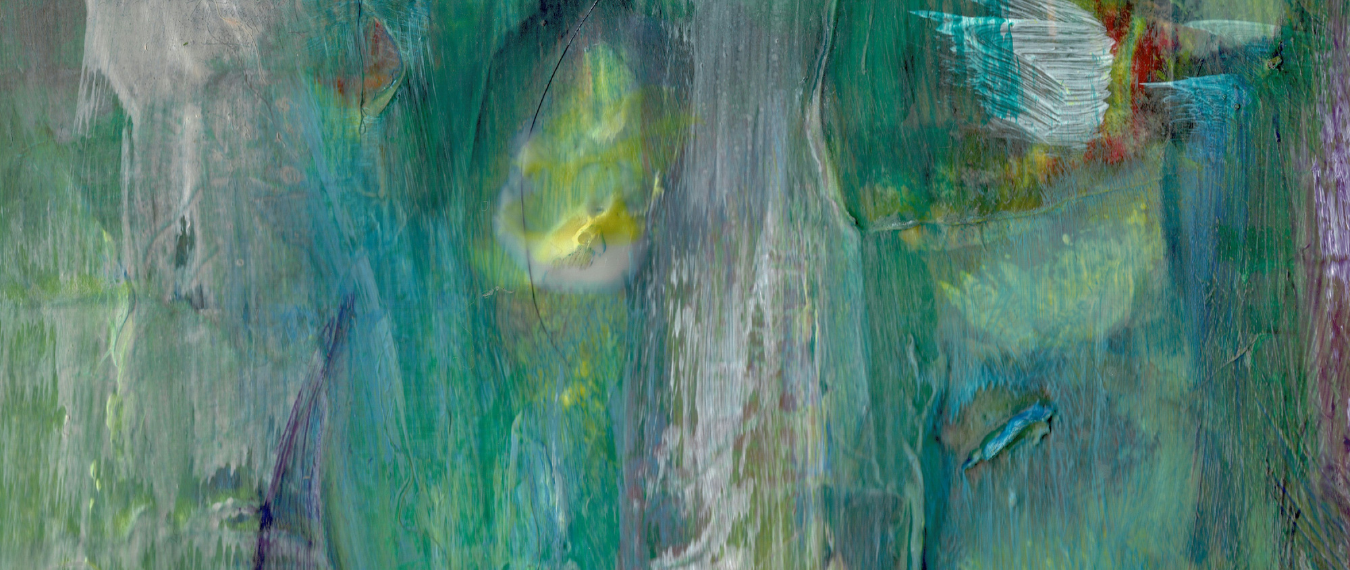When the helpers harmed me
I am a trained counselor, a lifelong truth-seeker, and a woman who has spent decades walking through trauma and helping others do the same. I’ve walked with incarcerated women, grieving families, and hurting children. I’ve held space for transformation, for sorrow, for joy. I believed in the healing process—both the science and the spirit of it.
But I didn’t expect to lose myself in the system that was supposed to help me heal.
I was 51 when I started taking paroxetine.
I didn’t arrive at that decision lightly. I had resisted psychiatric medication for years, holding the belief that anxiety was a symptom, not a disease. That trauma leaves its fingerprints on the nervous system, and that healing requires deeper work—not just chemical quieting.
But I was worn out. And the people I trusted most—my psychologist and psychiatrist—were confident. Calm. Certain. I was told my resistance was a trauma response. That my symptoms pointed to a lifelong condition. That my questions showed “lack of insight.” That I needed to get to a “therapeutic level” so that I could finally start healing.
I didn’t ask to taper. I asked: Why do I need this medication in the first place? What if my body is responding to a life of trauma—not broken chemistry? What came first—the pain or the imbalance?
That line of inquiry was dismissed. I was gently but firmly silenced.
So I agreed.
Alongside paroxetine, I was also prescribed Urbanol at a low dose. I never took it regularly—it flattened me too much, turned my days into fog. When I later confessed that I didn’t even think to take it during panic attacks, my psychologist encouraged me to become more aware of that reflex: “Have panic, take pill.” It was said with care—but the message was clear: medication before meaning. Symptom control before understanding.
In the beginning, the medication did what it promised. I felt calmer. Less volatile. Less overwhelmed. But I also felt less me. Something essential dimmed. I lost the vividness of emotion, the natural rise and fall of things. I stopped crying. I stopped creating. I stopped asking why. It was subtle—like falling asleep with your eyes open.
Over time, that dimness became disconnection. And still, I stayed on the medication—because they must know better, right?
But then my panic attacks returned with force.
Instead of exploring what that might mean, my dose of paroxetine was doubled to 40mg, and the Urbanol was prescribed to be taken three times a day. That escalation terrified me. It woke me up. Not all at once, but gradually. I stayed on the higher dose for a few months, quietly watching what was happening to me. I was more subdued than ever. Less sharp. Often confused. I didn’t know where I’d put things. I couldn’t remember conversations. My short-term memory—already compromised by an old brain injury—deteriorated further. My nightmares intensified. My thoughts scattered. I functioned, but I was no longer home inside myself.
And then came the moment that changed everything.
In a session—after years of vulnerability, effort, and honesty—I was told I “don’t deal with my feelings.” That single statement stopped me cold. Because I knew, deep in my bones, that it wasn’t true. I have spent a lifetime dealing with my feelings—examining, expressing, transforming them. That comment wasn’t feedback. It was erasure.
I knew then: if this system could not see me, it could not help me heal.
So I stepped away. In January of this year, at age 56, I began to taper off paroxetine. I did it slowly, carefully, over four months. I experienced the usual symptoms: electric sensations in my brain, sudden waves of emotion, heightened sensitivity—and yes, confusion too. But beneath it all was clarity. With each drop in dosage, I felt a little more alive. A little more like myself.
I am now fully unmedicated. And fully awake.
And here is the hardest truth: I didn’t find healing in the psychiatric system. I found sedation, disempowerment, and quiet harm. I found professionals who claimed to be trauma-informed but ignored the roots of trauma itself. I found prescriptions where what I needed was presence. I found hierarchy where I needed humanity.
This isn’t just about one pill or one provider. It’s about a system that rewards silence, compliance, and numbness. It’s about how power—when masked as help—can become dangerous. And how even the best-intentioned people can do harm when they are more loyal to a model than to the person in front of them.
I’m not anti-medication. I am pro-truth. I am pro-agency. I am pro-healing.
I live with scars—from trauma, and now from psychiatry too. But I also live with strength. I’ve reclaimed my voice. My body. My clarity. I don’t need to be “fixed.” I needed to be believed. And I needed the space to heal in a way that honored all of me—not just the parts that made others comfortable.
To anyone reading this who has been silenced, shamed, or chemically subdued: You’re not broken. Your pain is not pathology. And your healing doesn’t have to look like their protocol.
You get to come home to yourself.
And that is where the real medicine begins.

